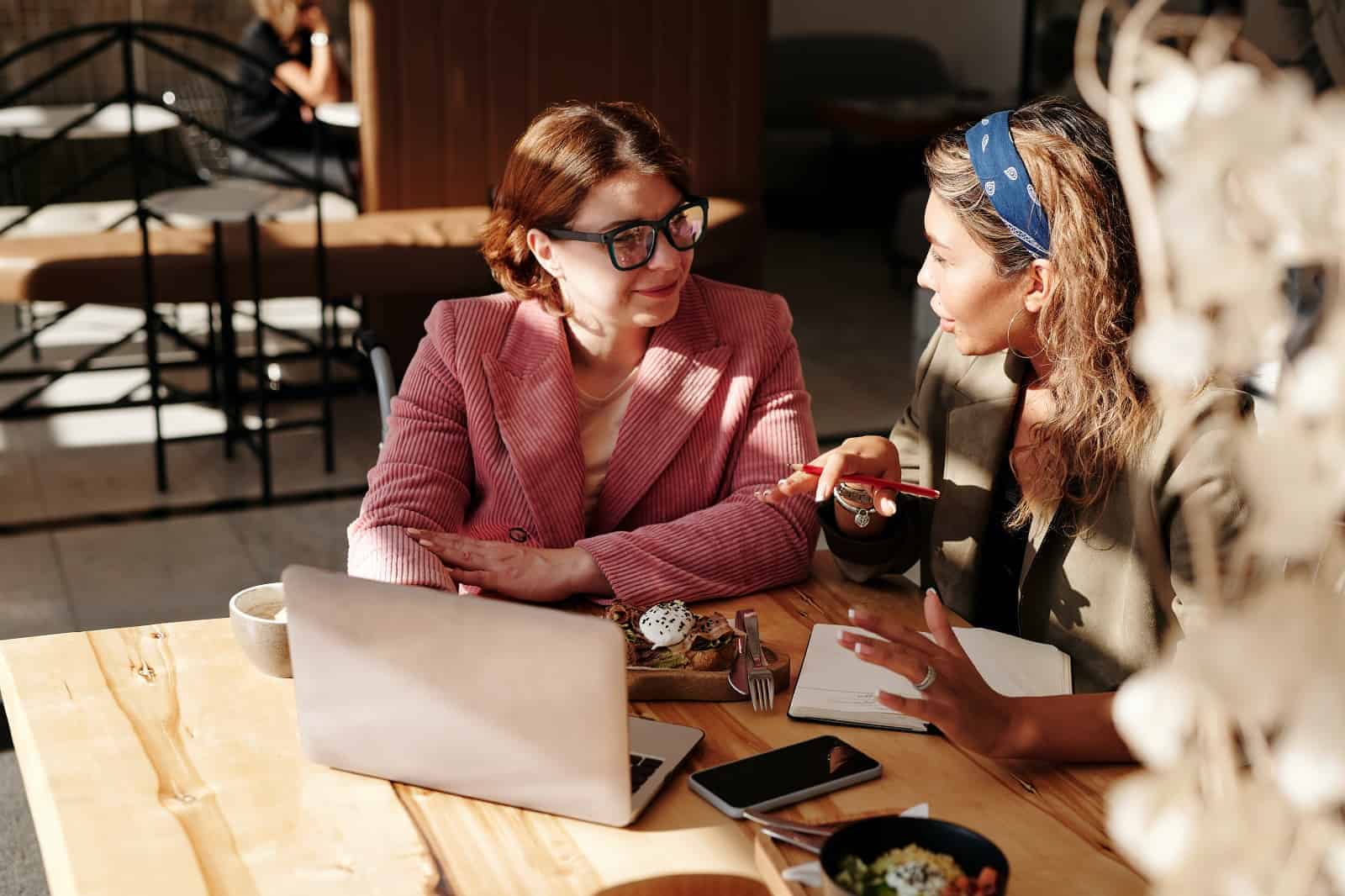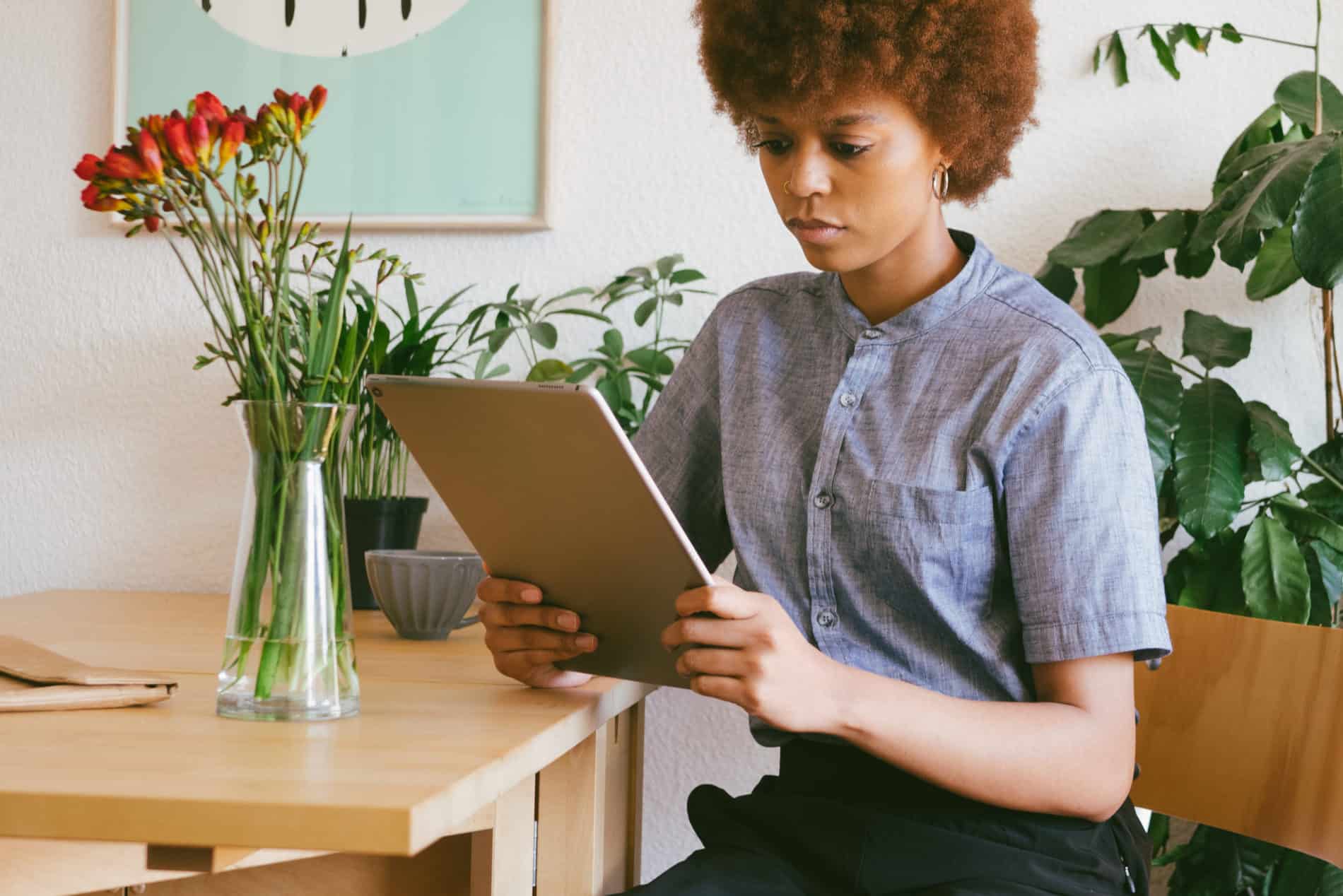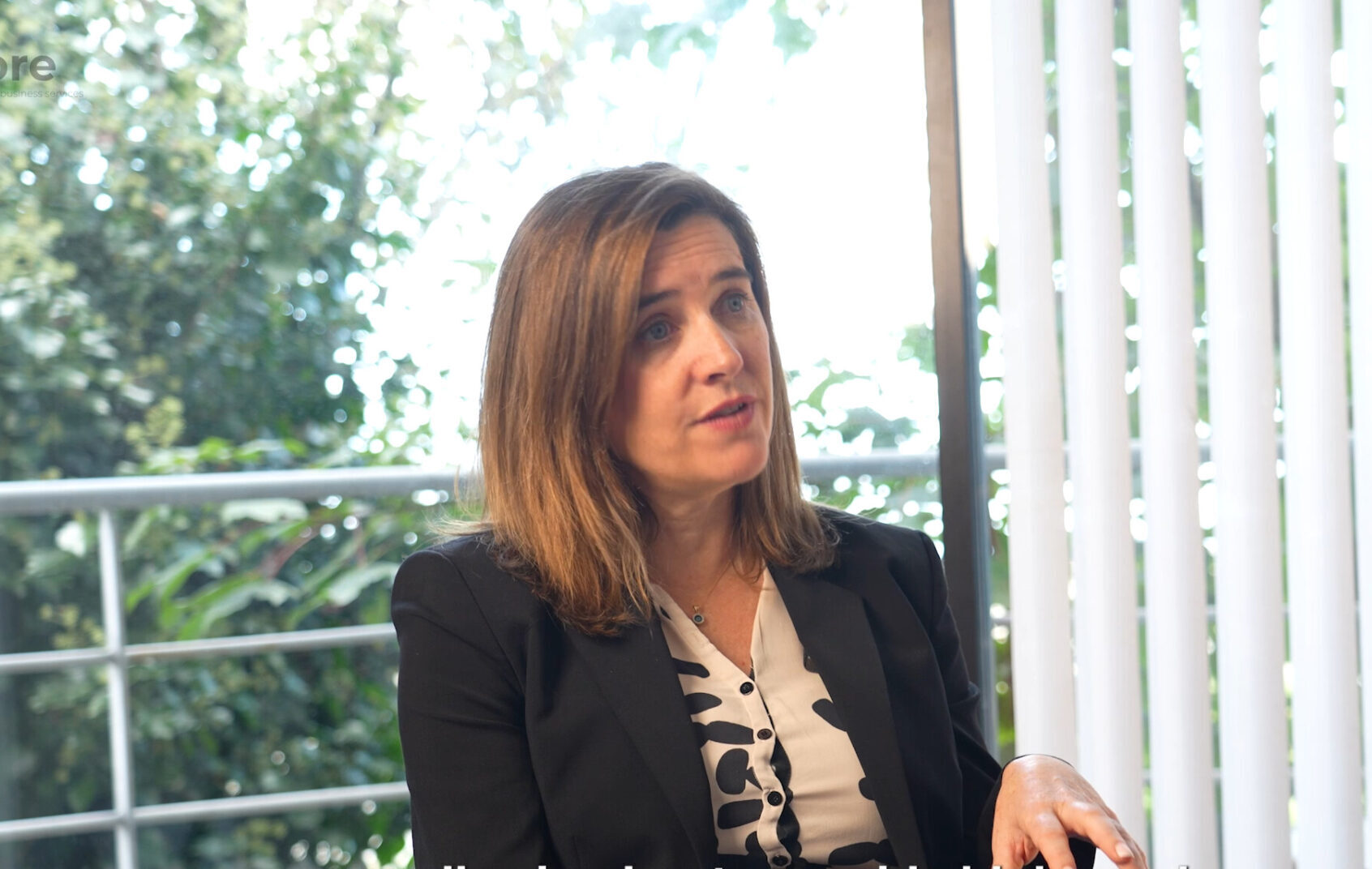As a business owner, you must register for Value Added Tax (VAT) when you reach the turnover threshold, receive services outside of Ireland or receive goods from other EU states.
When you register for VAT, you must charge VAT on your goods and services, and you are responsible for paying and filing the VAT returns to the Revenue Commissioners.
Your VAT rates will depend on what you are selling and where. In this guide, you’ll learn how to charge VAT on goods and services in Ireland, EU countries, and non-EU countries as an Irish business.
Please note that the information here is for guideline purposes only. Each situation may differ, and we recommend contacting our team for specific advice about your business.
What rate of VAT to charge?
There are different VAT rates for various goods and services. You can use Revenue’s VAT rate database to find the correct VAT rate to charge.
You may need to charge different VAT rates if you supply goods and services.
Each business is different, so talking with a professional about your specific circumstance helps us to give you the correct advice.
The most commonly used VAT rates in Ireland
- The standard rate of VAT is 23%. Any goods and services that don’t fall into one of the reduced rate categories are charged VAT at this rate.
- The reduced rate of VAT is 13.5%. This rate applies to tourism-related activities such as hotels, restaurants, cinemas, and hairdressing. Building services and photography also qualify for this rate.
- 9% is a special rate for newspapers, electronically supplied newspapers, e-books, and sporting facilities.
- 4.8% is the livestock rate of VAT – specifically for agriculture. It applies to livestock (not including chickens), greyhounds, and the hire of horses.
- 0% (Zero) VAT on all exports, tea, coffee, milk, bread, books, children’s clothes and children’s shoes, oral medicine for humans and animals. Providers of these goods charge a 0% VAT rate and can claim VAT on their purchases.
- Exempt: There is no VAT on certain financial, medical, or educational providers.
How to charge VAT
when selling goods from an Irish business
Selling goods to private consumers (B2C) in Ireland and other EU countries
VAT is usually charged on top of your usual sale price when selling to private consumers in Ireland. The customer will pay the VAT over to you, and it’s your responsibility to report and pay this VAT to Revenue.
If you exceed the VAT distance selling thresholds when selling goods to private consumers in other EU Member States, you must register for VAT.
Each Member State may have a different distance-selling threshold.
You need to check the VAT rate and threshold for the sale of goods in each country you are selling to. We also recommend speaking to an accountant in that country.
Selling goods to other businesses (B2B) in Ireland and other EU countries
If you supply goods to other businesses in Ireland, you must charge and account for VAT in your VAT Return to Revenue.
You must pay any VAT you charge to Revenue by submitting a VAT Return, typically bi-monthly (every two months).
Selling goods B2B within the EU is called “Intra-Community Supply (ICS)”. You can apply a zero rate (0% VAT) on the supply of goods to business customers if they have a VAT number.

Meet the following conditions to apply the zero rate VAT;
- The business customer is registered for VAT in a different EU Member State
- You have your business customers’ VAT number (including country prefix)
- Your VAT number and the business customers’ VAT number are visible on the sales invoice
- The goods are being dispatched or transported to another EU Member State; and
- The correct VIES Returns are made (an Intrastat Return may also be required depending on the sales volume).
Selling goods to private consumers (B2C) outside the EU
You do not need to charge VAT if you sell goods to private consumers outside the EU, including Great Britain.
However, you can still deduct the VAT you paid on related expenses to make that sale.
Irish business owners can deduct VAT through a VAT return to Revenue.
Selling goods to businesses (B2B) outside the EU
You do not need to charge VAT if you sell Irish goods to businesses outside the EU, including Great Britain. Therefore, it is also called zero-rated (0%)
There is no VIES system for non-EU businesses. You are responsible for ensuring enough evidence to prove that your customer is a business established outside the EU, and you also need proof that the export has taken place.
How to charge VAT when
selling services from an Irish company/business
VAT on services: place of supply
There are two general “place of supply” rules depending on whether the recipient is a business or a private consumer.
- For supplies of business-to-consumer services (B2C), the place of supply is (generally) where the supplier is established
- For supplies of business-to-business services (B2B), the place of supply is (generally) where the business receiving the services is established
There are many exceptions to the general place of supply rules, and in our experience, you may need a consultation with a VAT Expert, so we recommend contacting our tax consultant for more information.
Selling services to private consumers (B2C) in Ireland and other EU countries
If your business sells services to private consumers in Ireland and the EU, the place of supply is (generally) where the supplier is established.
As a business owner, you are responsible for accounting for VAT on services sold to private consumers in Ireland and other EU member states. You should include VAT in your fees, and the consumer will pay the VAT directly to you. Subsequently, you must account for this VAT in your VAT returns and remit the VAT charge to Revenue.
If you supply telecommunications, broadcasting, and e-services (“TBE”) to private consumers, or if your business carries out EU cross-border supply of services on a Business to Consumer (B2C) basis, you can register for VAT OSS.
Reverse Charge VAT: Selling services to other businesses (B2B) in Ireland and other EU countries
If you supply services to other businesses in the EU, the reverse charge will normally apply. This means the recipient will account for VAT on the purchase in their VAT return.
The reverse charge means that the responsibility to report the VAT to the tax authorities falls to the customer, and their domestic VAT rate applies. The VAT is reported in the customer’s local VAT return and does not appear in the supplier’s VAT return.
Selling services to private consumers (B2C) outside the EU
You can generally supply services to non-EU private customers free of VAT by proving that the customer is based outside the EU.
Businesses will need to obtain verified information, such as credit card pre-authorisation, that confirms the address associated with the card number to supply services to consumers (B2C) without VAT.
Selling services to other businesses (B2B) outside the EU
No Irish VAT is charged if you supply services to another business outside the EU.
You need to prove that your customer is a taxable person. This proof can be a VAT number or a similar number used to identify the business outside the EU.

How to charge VAT to
UK companies for services & products
Irish Business-to-Business (B2B) supplies services to the UK
In the majority of cases, if your UK customer is in “Business”* no Irish VAT needs to be applied on the supply of services. Rather the “reverse charge” mechanism would apply, meaning your UK customer would be responsible for accounting for the VAT in their UK VAT return. However, there are exceptions to this general rule and so tax advice should be sought before such transactions are entered into.
*It is very important to obtain evidence that your UK customer is actually in Business. A valid VAT number is the most common method of verification however other forms of proof may be acceptable.
Irish Business-to-Business (B2B) supplies – goods to the UK
If your UK customer is in “Business”* Irish VAT at a rate of 0% will apply to the export of goods to the UK. In most cases your UK customer will be responsible for accounting for the import VAT in the UK, however ultimately this will depend on the INCOTERMS of the transaction. Tax advice should be sought before such transactions are entered into.
*It is very important to obtain evidence that your UK customer is actually in Business. A valid VAT number is the most common method of verification however other forms of proof may be acceptable.
Irish Business-to-Consumer (B2C) supplies services
In some cases the supply of services to private customers in the UK may trigger a requirement for the Irish supplier to be registered for UK VAT. Tax advice should be sought before such transactions are entered into.
Irish Business-to-Consumer (B2C) supplies services
In some cases the supply of goods to private customers in the UK may trigger a requirement for the Irish supplier to be registered for UK VAT. Tax advice should be sought before such transactions are entered into.
How to charge VAT on Irish goods to the UK
For Value-Added Tax (VAT) purposes, exports are goods directly dispatched to a destination outside the European Union (EU) VAT area, including the UK.
The distance selling threshold no longer applies to sales made by businesses in Ireland to consumers in the UK. The zero rates of VAT apply to exports to the UK.
You must ensure that the goods have left the EU and have evidence of export. You must declare each export to Revenue using a customs export declaration, and the declaration is submitted electronically using Revenue’s Automated Entry Processing (AEP) System.
Licences are required to export certain types of goods from the EU, and you may be required to show Revenue that you have a licence for shipping goods.
Where to charge VAT if goods are in the UK at the point of sale
If you are an overseas seller who owns goods of any value in the UK at the point of sale, you must register and handle the VAT for any sales you directly make to customers in Great Britain or Northern Ireland.
Remember to consult with a tax professional or an accountant familiar with VAT regulations to ensure compliance with the latest rules and any updates that may occur.
How to handle VAT when
receiving goods and services
Receipt of B2B services from outside of Ireland
The reverse charge rule applies if you receive services from another EU Member State or non-EU country outside of Ireland. The aim is for VAT to be accounted for in the customer’s jurisdiction, in this case, Ireland.
As a business owner, you must account for VAT on receipt of these services under the reverse charge. You must account for this VAT in your Irish VAT return at the appropriate VAT rate in Ireland.
You will treat it as if you made the supply and charge yourself the VAT. This VAT is then owed to Revenue. If you are entitled to a deduction, you may claim a simultaneous deduction for the cost of the service in the same VAT return. The result often leaves the taxpayer in a VAT-neutral position. However, as always, there are exceptions to this rule, particularly in cases where the taxpayer is not entitled to recover all of the VAT they incur.
What happens if you charge VAT incorrectly?
If you charge VAT incorrectly, you may need to pay interest and penalties to Irish Revenue.
You must know how to charge Value Added Tax correctly once you become VAT registered. You must also understand how to correctly file VAT returns and claim VAT back on business expenses.
Get in touch with our team of chartered and certified accountants. We’re here to give you peace of mind that your accounting and compliance requirements are handled.

Talk to us about our services
Our team of professionals has guided many businesses through setting up and processing VAT. We understand the need to set up your business correctly from the start. Talk to us today about outsourcing your VAT obligations.
If you have any questions or are unsure whether your business is liable for VAT, reach out to our Client Services team today – we are happy to help you.
FAQ
What is VAT OSS and VAT IOSS?
If you supply goods cross-border to final consumers, you may be eligible to register for VAT One-Stop-Shop (VAT OSS) and VAT Import-One-Stop-Shop (VAT IOSS). VAT OSS registration enables businesses to register for a VAT number in one country instead of in all the countries where sales are made. This simplifies and expedites the process of VAT declarations. As always, in VAT, there are exceptions to these rules, so we recommend speaking to a professional for advice on your situation.
What is VIES?
VAT Information Exchange System (VIES) is an EU system that allows a supplier to apply 0% to the supply of goods. VIES ensures that the 0% tax rate is applied correctly and not abused. Information is shared between domestic and EU tax authorities to help detect unreported movements of zero-rated goods between EU countries.
What is an EORI number?
If you import or export goods into or out of the EU, you need an Economic Operators Registration and Identification (EORI) number. This is a reference number for customs authorities in the different EU countries.You might already have an EORI number linked to your VAT number, and you can verify your registration on the European Commission website.
What is VAT reverse charge?
The reverse charge aims to apply VAT in the Member State where the customer is based rather than where the supplier is based. This is known as the Member State of consumption, which only applies to B2B transactions.Specific rules must be followed when applying reverse charge, including indicating “reverse charge will apply“ on the issued invoices and quoting the customer’s VAT number. Our team of VAT experts can assist you in understanding the necessary steps to be taken when applying reverse charge.
How to raise VAT invoices to UK customers?
Issue VAT invoices to your UK customers, indicate the amount charged and your Irish VAT registration number.


